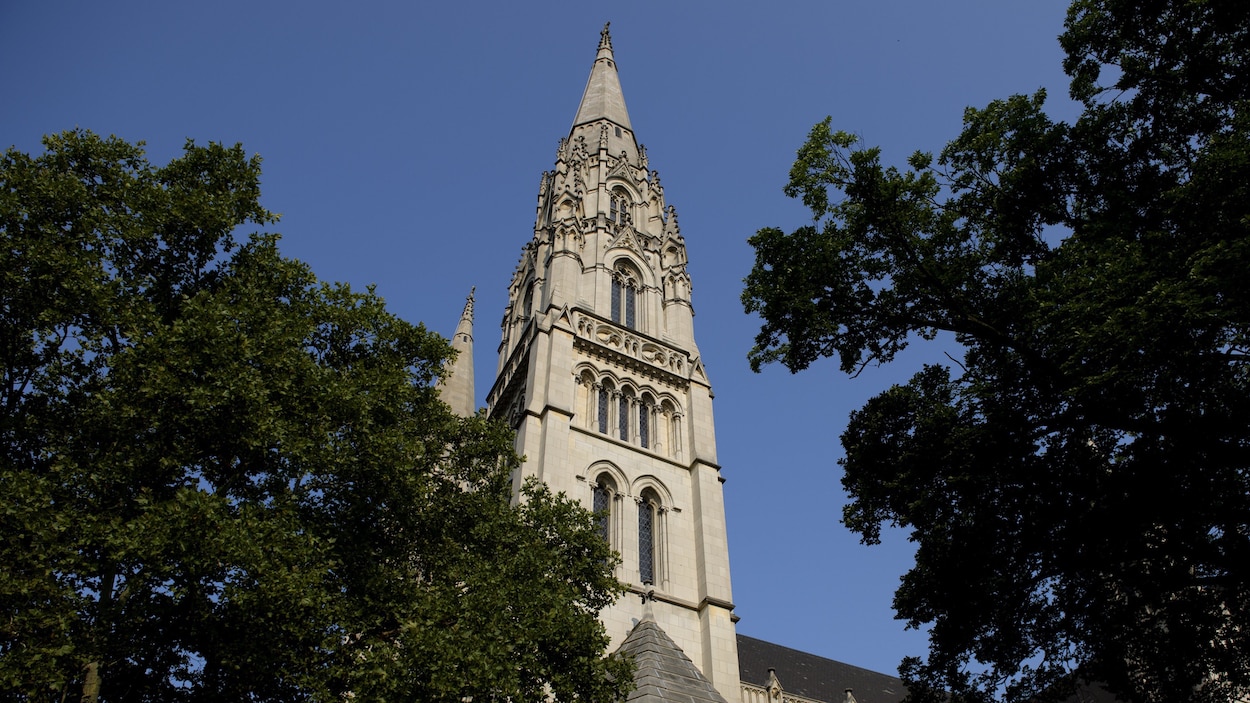Sometimes these days we aren’t sure what to believe. For instance, we’ve been told many things about the corona-virus and the proper response to it. Some experts say the worst has passed; others say a spike in new cases can occur at any time if we’re not careful. We’re told to wear masks when going out in public—except we’re also told the masks really don’t offer much protection. Some claim it’s necessary, regardless of the effects on our economy, to keep everyone at home in order to halt the spread of the epidemic, but a few commentators insist we’d actually be better off if we’d allowed life to continue along as normal, with more people catching the virus and then building up an immunity. We’ve been told that children and young people really aren’t at risk—except there’s data suggesting they can be as vulnerable as anyone else. Different states are taking different approaches regarding who qualifies as an essential worker, and we receive conflicting advice from the federal government. What are we to believe?
Even before the corona-virus, our society had been undergoing a crisis of credibility—with people becoming increasingly doubtful of or cynical toward politicians, the news media, religious leaders, and other public figures or institutions. Moreover, there are always scam artists trying to take advantage of gullible persons through devious and clever schemes. I once read a story by a newspaper columnist whose friend was victimized. The man’s battery was stolen from his car in a parking lot, but he found a note stuck to his engine which said, “Mister, I was desperate—my battery was dead and I had to get my wife to the hospital immediately. I’m sorry, and I’ll pay you back soon.” The man didn’t believe a word of it—but a week later, to his amazement, he found a new battery on his front porch, with a note: “I really am sorry about taking your battery, so I tracked down your address by using your license plate number. Here’s a replacement battery, and an extra little gift.” The extra gift turned out to be two tickets to a football game, with prime seats on the fifty-yard line. The man and his wife had fun at the game—and when they returned home, they found their house had been robbed of everything of any value. The whole thing had been a set-up to get them out of the house.
Sometimes we don’t know what to believe. It’s sad to say, but quite often we have to be suspicious. There are people, of course, who genuinely need our help, and we shouldn’t be so suspicious that we completely ignore those in need, but at the same time, we must realize that we can’t believe everything we hear. This is especially true when someone seemingly offers us something for nothing. There’s a lot of truth in the saying: “If it sounds too good to be true, it probably is.” Fortunately, there is one major exception to this: the Word of God. Scripture tells us that God offers us salvation through Jesus Christ. We don’t have to purchase it; Jesus has already paid the price. We don’t have to earn it; we merely have to accept it by following the Risen Lord. God never lies, misleads, or deceives; He is never mistaken or irresponsible, and He never gives with one hand while taking away with the other. Because His promises are absolutely trustworthy, believing in God is always the right choice.
Thomas didn’t believe at first that Christ was risen—and to a certain extent, that’s understandable. It was his nature to doubt, and besides, he had only the word of the other apostles—and they hadn’t exactly shown a lot of reliability and courage when Jesus was arrested. Thomas said he’d believe only when he personally saw the risen Lord—and, from his point of view, that was an entirely reasonable position. He insisted on divine proof—and one week after Easter, he received it. Upon seeing Jesus for himself, Thomas exclaimed, “My Lord and my God!” Christ responded, “Have you come to believe because you have seen Me? Blessed are those who have not seen and have believed.” Jesus is speaking of all of us; we have not seen Him personally, but we do believe—and we are blessed because of this faith.
Through faith, we have the chance for eternal life with God in Heaven—despite our sinfulness and unworthiness. The Lord emphasizes His willingness to forgive, so that we may be cleansed of our sins and be made worthy of eternal life. This idea is emphasized in a special way on Divine Mercy Sunday. Just as Jesus forgave Thomas his doubts and stubbornness, so He forgives all who turn to Him in a spirit of genuine contrition. Our Lord said to the apostles, including Thomas, “Peace be with you.” He also gives us His mercy and His peace, promising that if we are sorry for our sins, we are forgiven, and assuring us that when life is difficult, we can find consolation and security through His presence. Jesus said to the apostles, and to us, “As the Father has sent Me, so I send you.” In other words, we are given a mission, or purpose in life; the Lord promises that our lives will always be full of meaning as long as we center them around Him.
These are the promises Jesus makes if we follow Him: everlasting life in the world to come, and inner peace and meaning here on earth. Can we take the risk of believing in Him? Can we afford to put Him at the center of our lives? Yes, we can. However, there is a risk: following Jesus and living according to His teachings isn’t always safe or easy. Loving our enemies, praying for our persecutors, forgiving those who wrong us, thinking of others first, and placing God’s will ahead of our own, all go against our natural tendencies; these things can make us look foolish or naïve in the eyes of the world, and we ourselves might be taken advantage of or experience discouragement or doubts from time to time. Nevertheless, this risk is worth taking because Jesus fulfills His promises.
Earthly advertisers and salespersons make all sorts of claims to get us to try their products; many times these promises fall short. Political and cultural leaders will seemingly say almost anything to win our allegiance; experience shows it’s good to listen with a healthy amount of skepticism. Some people deliberately try to deceive us, and come up with elaborate schemes for this purpose; it’s up to us to beware. Jesus Christ, however, is completely deserving of our trust; it always makes sense to hope in Him. I think that if St. Thomas were alive today, he’d say something like, “Don’t take any wooden nickels or fall for any con jobs, but do believe in the promises of Jesus.”








